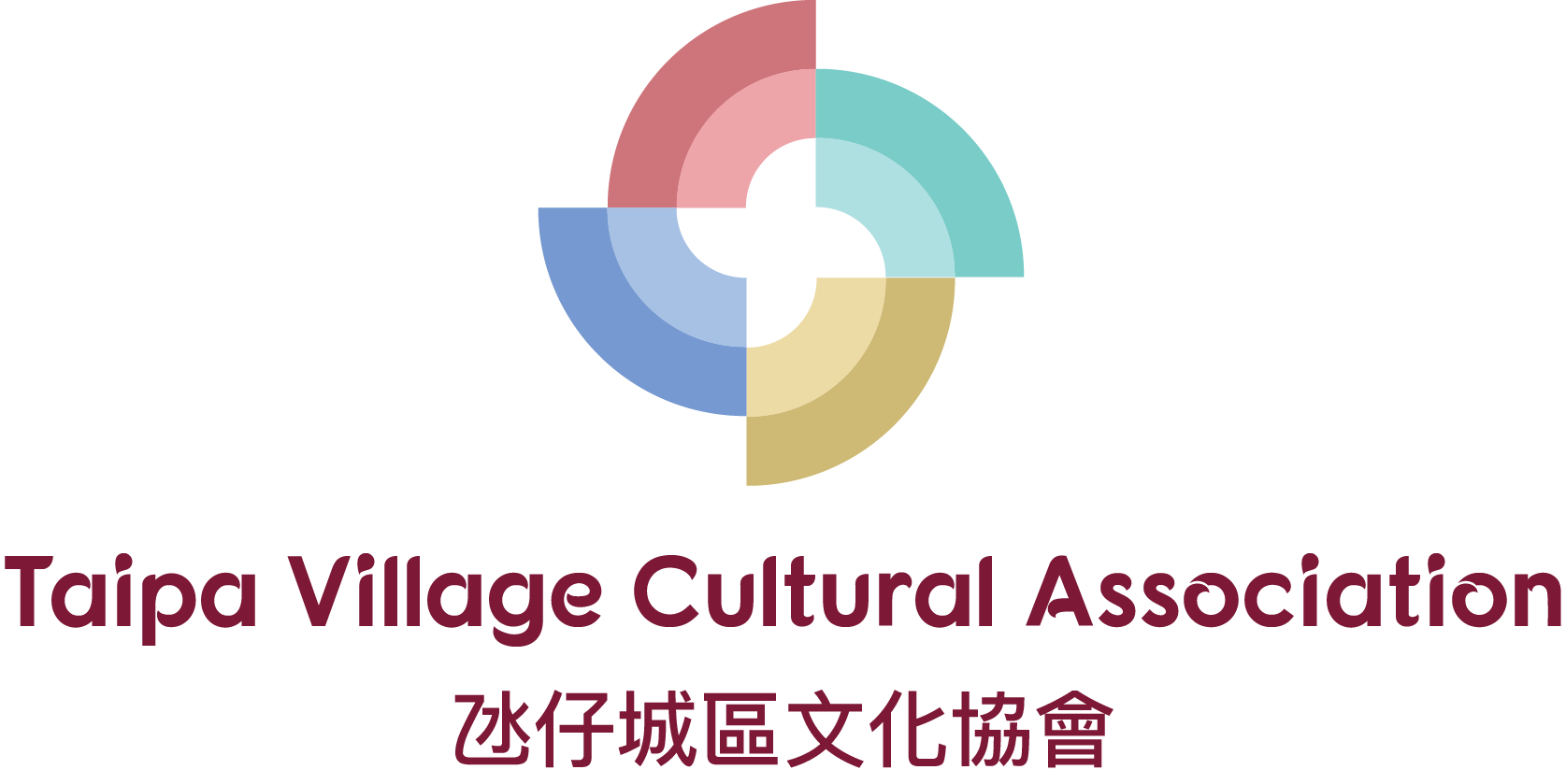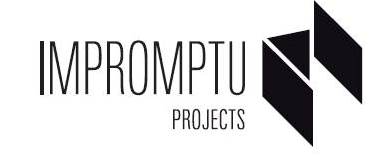Transience:Daredevils and Towering Webs
Hugo Teixeira
“The camera tells its own truth.”
Taipa Village Art Space is honoured to invite Luso-American photographic artist Hugo Teixeira to showcase his unique collection of documentary photography featuring an iconographic Macau fixture – bamboo scaffolding on construction sites, which is ubiquitous in the city as it undergoes rapid development. The construction workers (bamboo masters) are acting like spiders, taking a risky job with courage to wrap the vertiginous towers with bamboo scaffoldings which look like spider webs.
Hugo will introduce demanding photographic techniques of yesteryear, exhibiting two types of images: ambrotypes – positive photographs on glass created using a wet-plate process – and cyanotypes – produced using a process that creates a cyan-blue print. To create these stunning images, Hugo uses heavy view cameras and very carefully applied coatings of paper, metal and glass, offering viewers an awe-inspiring journey of discovery back to a 19th century fascination that long predates the digital era.
About Hugo Teixeira
Hugo grew up in the Luso-American community in San Jose, California. Before focusing on linguistics and education, he briefly studied in the BFA Photography program at San Jose State University, where he was first introduced to alternative photographic processes by Professor Brian Taylor. After graduating, Hugo studied documentary photography at Lisbon’s Escola Técnica de Imagem e Comunicação and later the 19th century wet plate collodion process with photographer and conservator Luís Pavão. Hugo has exhibited work in the United States and Portugal.
Hugo’s interest in Asia started with a train journey from Portugal to China in 2007, and ultimately led to his settling in Macau in 2010. Since then, Hugo has focused on his teaching career while continuing to create images in his home studio. Believing that photography has become banal in the digital era, he gravitates towards heritage-rich, labor-intensive processes that require the use of heavy view cameras and the extremely precise coating of paper, metal or glass with exotic, and sometimes toxic, chemical formulas. In deliberately selecting subjects to represent in this uncommon way, Hugo demonstrates his rejection of photographic objectivity. Ultimately, he uses the camera as a tool not for the capture of objective truth, but for the projection of values.
Curator’s Statement
How rare and ambivalent is a potential distraction if not a fleeting moment in time that marks us deeply and without warning? The ever-changing landscape of Macau is filled with these kinds of ephemera. Scaffolding webs weave their way through the expanding territory from one place to another, as if blown by the wind. The only permanence for their transient state is the uncanny impression left in our minds: the afterimage of an ongoing process.
This photographic exhibition aims to capture the passage of time by portraying buildings under construction and the anonymous workers who, despite compulsory safety measures, still require an irrational amount of courage to erect vertiginous towers with bamboo scaffolding. These buildings present themselves in web-like cocoons of latticework and nylon nets, staging an internal metamorphosis in order ultimately to reveal their true appearance and expose emergent forms.
The photographic techniques deployed in this exhibition rely on a large-format camera and two distinct chemical processes: ambrotype (wet plate) and cyanotype (cyan-blue print) production. Both demand hands-on learning; the latter is far easier to handle and is a by-product of the first, whereas the former requires painstaking testing and an iterative process, which means hours of darkroom experimentation.
The wet plate process is accompanied by the constant risk of failure, so “imperfections” are embraced as natural in the pursuit of authenticity, making each plate unique. These types of chemical processes are suffused with the mechanics of human endurance, in which beauty seems to reside patiently, awaiting capture, when time itself can be grasped.
João Ó


